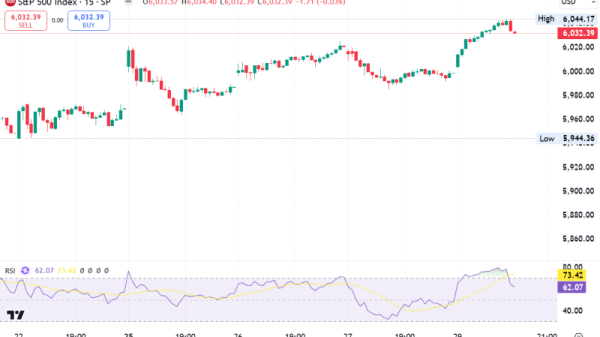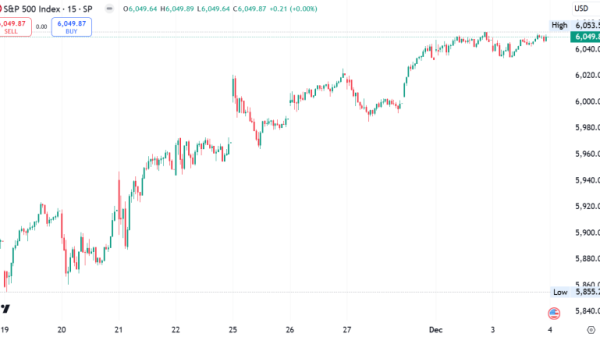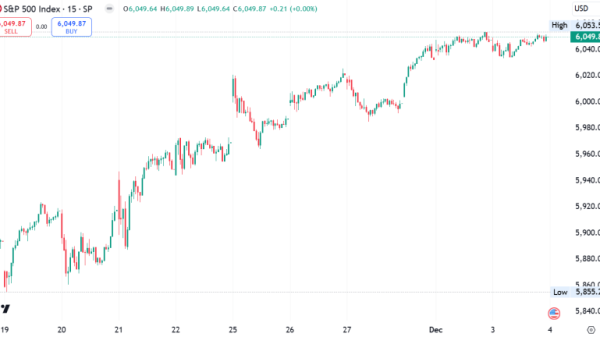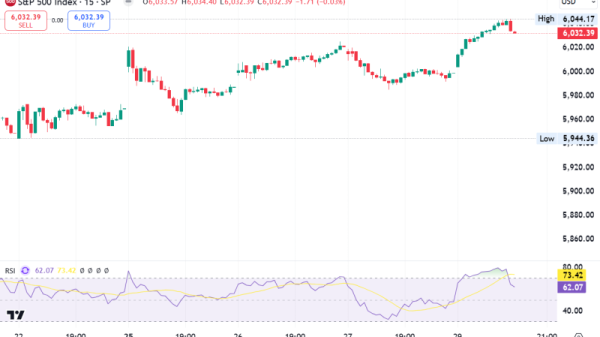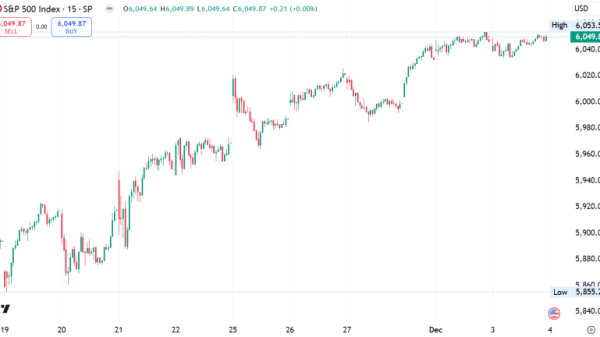Everyone’s blaming health insurance company greed for the soaring claims denials and roadblocks to care. That’s naive. Follow the money to find the real culprits: lying politicians.
In 2013, before Affordable Care Act regulations kicked in, insurers denied roughly 1.5% of claims, according to the American Medical Association. But under ACA rules, denials increased tenfold. Now nearly 15% of claims are denied, reports Premier, an insurance consultant firm. Some insurers deny a third or more of claims, according to Kaiser Family Foundation research.
Insurers are also demanding preauthorizations for a wide range of treatments and medications, tying your doctor’s hands and dangerously delaying your care.
Your doctor has to call the insurer before beginning treatment or ordering medication. Seldom is the person on the other end of the phone a specialist in the disease or treatment in question. It could be an OB-GYN overriding what your neurosurgeon recommends, warns the AMA.
Dr. Debra Patt prescribed a drug combination for a patient with metastatic breast cancer but had to wait weeks for prior authorization. In the meantime, reports the AMA, she had to settle for standard chemotherapy, to no avail: Her patient died.
‘You have health plan representatives who have never met the patient, have never been at the bedside or practiced medicine but are now making treatment decisions,’ objects Tina Grant, senior vice president of public policy and advocacy at Trinity Health, a system of 92 Catholic hospitals.
According to House Committee on Energy and Commerce testimony, 80% of the preapprovals Cigna denied for Medicare Advantage customers were overturned on appeal, a sign that legitimate care is being withheld. Cigna uses an algorithm called PxDx to deny prior authorizations in bulk.
Denials and prior authorization requirements escalated after the ACA went into effect. But don’t blame profit maximization. The ACA regulates underwriting profits, and if profits go up, insurers have to send customers rebates.
Giants like United Healthcare have grown into money-making behemoths by buying physicians’ practices, hospitals and pharmacy chains, not by selling health plans, according to IBISWorld industry research.
The actual reason your health insurance is becoming unreliable is that politicians backing Obamacare knowingly made a promise that was impossible to keep without insurers resorting to predatory practices.
Obamacare advocates promised everyone would be charged the same regardless of their ‘preexisting conditions.’
The math doesn’t work. Every year, 5% of the population uses over 50% of the healthcare. That’s a fact of nature, politics aside.
Telling insurers to cover the 5% for the same price they charge healthy people is like providing monthly groceries to a skinny fashion model and the winner of Nathan’s Hot Dog Eating Contest for the same price. Ridiculous.
Five percent more premium payers and 50% more medical needs.
The federal government should have stepped in with extra payments to cover people with preexisting conditions. Instead, insurers were hit with a mountain of new claims and told to make it work. They adopted Draconian cost-cutting methods.
The winners? Democratic politicians. Covering preexisting conditions at no extra charge is popular.
The losers? Everyone else who has to worry that their next treatment will be delayed or their next claim denied.
The biggest losers, sadly, are the seriously ill who suffer disproportionately from managed care’s tight controls, according to a National Bureau of Economic Research paper on Medicaid managed care.
More than half of states are now passing laws to limit prior authorization.
That’s a step in the right direction. But Americans need to reassess managed care.
Denials and prior authorization requirements escalated after the ACA went into effect. But don’t blame profit maximization. The ACA regulates underwriting profits, and if profits go up, insurers have to send customers rebates.
There is next to no evidence that it improves health.
President Joe Biden’s assistant secretary of health policy boasts that the ACA’s coverage expansion — mostly in managed care — reduced ‘morbidity and mortality.’ That’s a blatant lie. Americans are sicker and living shorter lives than they were before the ACA.
One alternative is to allow low-cost catastrophic insurance, which kicks in only for the large bills. Healthy people who get coverage at work would benefit from fewer interactions with an insurer and more take-home pay in lieu of a whopping $25,000 plan — the cost this year for family coverage.
Democrats try to label catastrophic coverage as ‘junk insurance.’ The Biden administration made it almost impossible to buy. But Americans are beginning to see that health plans that turn down claims and make you wait a dangerous amount of time for preauthorization are the real ‘junk.’
















